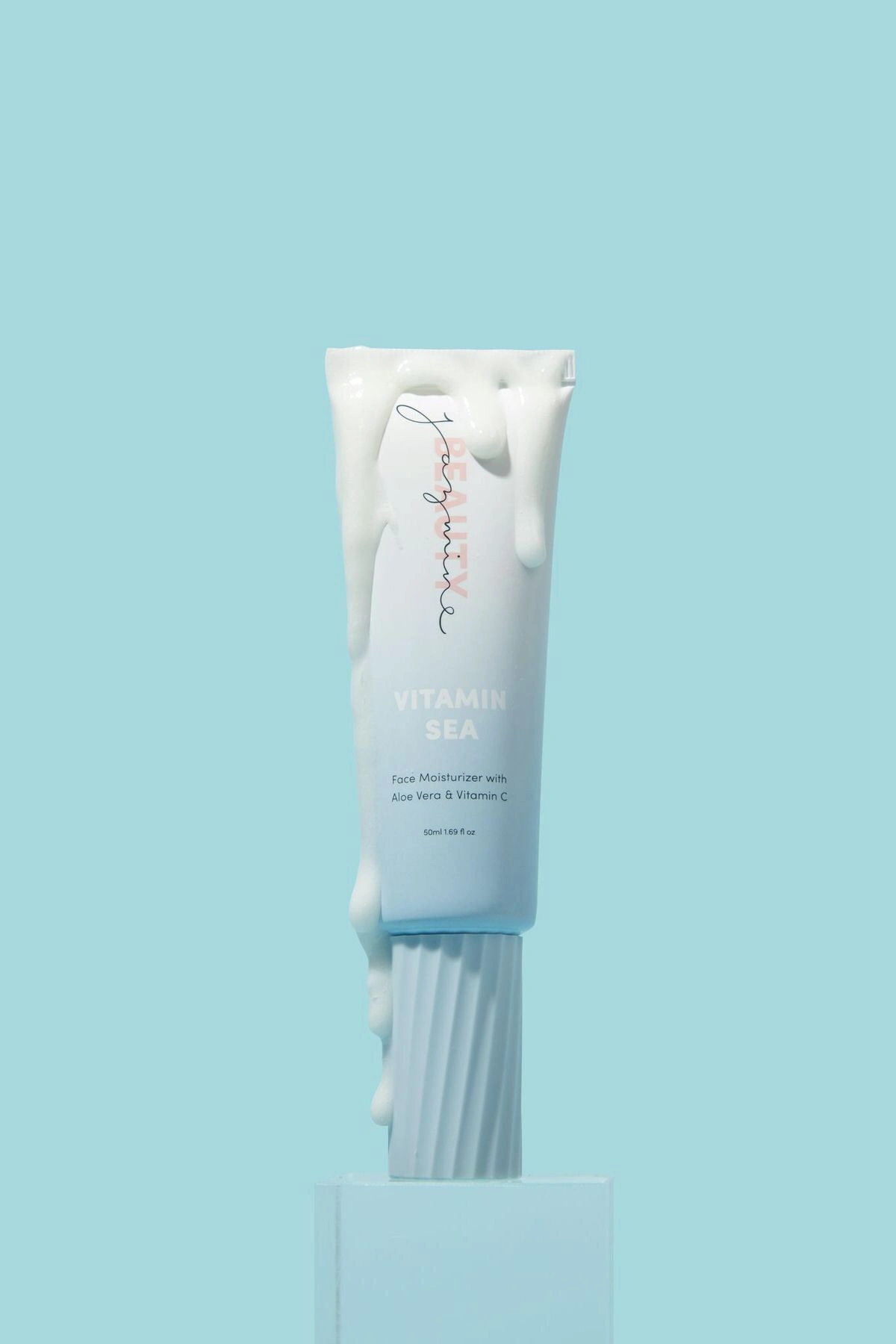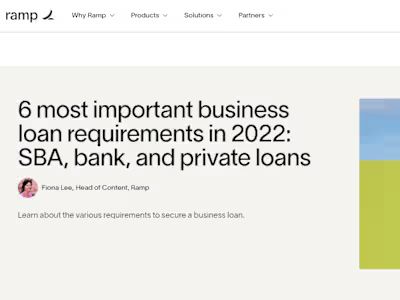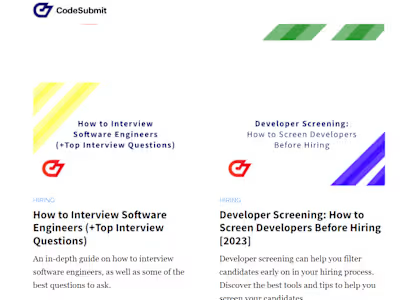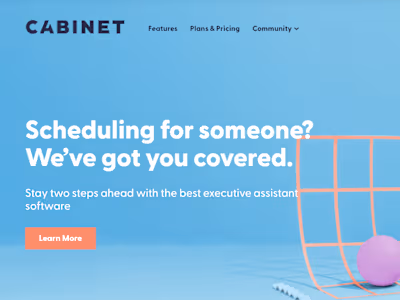Top Video Marketing Trends in 2023: What You Need to Know

Top Video Marketing Trends in 2023: What You Need to Know
In today's digital playground, video marketing has become the cool kid on the block for businesses looking to boost their brand. With the rise of social media and the increasing demand for engaging content, videos have become the norm rather than the exception.
As we head into 2023, the importance of video marketing for businesses continues to grow faster than a viral TikTok video.
Video marketing trends for 2023
Consumers now expect to see videos from brands. Did you know that viewers retain 95% of a message when they watch it in a video, compared to just 10% when reading it in text?
As we head into 2023, it's important for businesses to stay on top of the latest video marketing trends to effectively engage with their audience. One of the most significant trends is the continued rise of short-form videos, with TikTok being at the forefront of this movement. Live videos, especially those on Instagram and TikTok, will also play a significant role in connecting businesses with their audience in real-time.
With mobile devices being the primary means of accessing the internet, a vertical video-first approach is critical for effective video marketing. To ensure that viewers remain engaged, businesses should stick to the golden rule of keeping videos between 1 to 3 minutes long. This duration is enough to deliver a concise and engaging message to the audience.
To distribute their videos effectively, businesses should focus on social media platforms such as Facebook and Instagram, their websites, email campaigns, and video hosting platforms like Vimeo. By leveraging these channels, businesses can build relationships with their audience and create meaningful engagement with their brand.
In this article, we'll showcase why video marketing is crucial for businesses in 2023. We’ll dive into the top video marketing trends and how you can include these in your marketing strategy to connect with your target audience, build brand awareness, and rake in the dough like a well-oiled vending machine.
From static to dynamic: the impact of personalized video
What is personalized video content?
Personalized video content is like a bespoke suit for your marketing strategy - tailored to fit individual viewers' unique needs and preferences. Businesses can create videos that speak directly to their audience by utilizing customer data and insights, like a friendly neighbor who knows what you need.
With personalized videos, businesses can create messaging, visuals, and calls to action that resonate with viewers, drive engagement and increase brand loyalty.
Examples of successful personalized video content
Want to show your customers some extra love? Create a personalized thank-you video, complete with a shout-out to their unique purchase or sign-up history. If you're an athleisure brand looking to impress, create a product demo video highlighting the features your customers care about most.
Clothing brands, listen up! Create video ads that showcase products that align with your viewers' style preferences based on their browsing and purchase history. Here are some video trends we love: ootd’s (outfit of the day) and hauls.
Benefits of personalized videos
There are several benefits to including personalized videos in your marketing strategy, but here are just a few to motivate you to get the ball rolling!
Increase viewer engagement: Providing content that is relevant and tailored to the viewer's interests, and needs can lead to higher click-through rates, longer watch times, and ultimately, more conversions.
Build strong customer relationships: Personalized videos show customers some extra love, making them feel like they're getting the VIP treatment. This builds stronger relationships and fosters brand loyalty.
Gain insights on customer behavior: Get the inside scoop on customer behavior and preferences, helping you to optimize your marketing strategies to get the highest ROI possible.
Click, connect, convert: the power of interactive videos
What are interactive videos?
Interactive videos are the rockstars of video content, giving viewers the power to consume content through clickable hotspots, quizzes, and surveys. Whether it's product demos, educational content, or marketing campaigns, interactive videos let viewers get in on the action and create an experience that's uniquely their own.
And let's face it, in a world where attention spans are shorter than a rock ballad, interactive videos are a surefire way to keep viewers engaged and coming back for more.
Examples of interactive videos
Shoppable videos: Viewers can click on products within the video and make a purchase without leaving the video player. This is especially effective for fashion or beauty brands looking to showcase their products in action.
Choose your own adventure: Your viewers can decide the direction of the video's storyline. This can be a great way for entertainment brands to create more engaging content and keep viewers coming back for more.
Quizzes/Surveys: Present viewers with quizzes or surveys to test their knowledge or provide feedback, providing valuable business data and insights.
Benefits of interactive videos
Interactive videos help businesses stand out from the pack by providing a unique and personalized experience. By increasing viewer engagement and providing valuable data and insights, interactive videos can help businesses cut through the noise and win big on ROI.
So if you're looking to up your video marketing game, grab your Swiss Army knife and get ready to slice through the competition with some interactive videos that will leave your viewers wanting more.
Unlocking AI’s power: transforming video marketing
How is AI leveraged in video marketing
Artificial intelligence (AI) has taken video marketing to a whole new level 🚀. With the power of AI, businesses can create personalized video content that speaks directly to their viewers' interests and preferences.
By analyzing data such as a viewer's past behavior and preferences, AI can create customized videos that help businesses connect with their audience on a deeper level 👥
Benefits of using AI in video marketing
Saves time and resources: automating tasks such as video optimization and analysis, businesses can free up their marketing teams to focus on other important tasks
Match competitors: AI-powered video marketing, businesses can stay on the cutting edge of marketing technology 💻 and continue to drive results
Boost engagement: With AI, businesses can create personalized video content that speaks directly to their viewers' interests and preferences.
When reality isn't enough: VR and AR in video marketing
Step aside, plain old video marketing - virtual and augmented reality (VR/AR) are taking over the game! VR immerses viewers in a completely digital environment using a headset, while AR overlays digital information onto the real world through a smartphone or tablet.
VR/AR in video marketing empowers businesses to take their audience on a wild ride through immersive experiences, from exploring a product in 3D to trying on virtual outfits before making a purchase.
With the global VR market size expected to reach USD 62.1 billion by 2027 and the AR market size projected to reach USD 340.16 billion by 2028, it's safe to say that these technologies are here to stay.
Examples of VR and AR in video marketing
Many companies have already jumped on the VR/AR bandwagon, with big names like IKEA, Porsche, and Sephora implementing these technologies in their marketing strategies. IKEA's AR app, for example, allows customers to see how furniture would look in their home before making a purchase, while Sephora's AR technology lets customers virtually try on makeup products.
Benefits of using VR and AR in video marketing
But it's not just about flashy gimmicks - there are real benefits to using VR/AR in video marketing. These technologies allow businesses to create unique and memorable experiences that engage and excite customers, increasing brand awareness and loyalty.
Plus, the ability to visualize products in 3D can reduce the likelihood of returns and boost sales. It's a win-win for both businesses and customers!
The small screen revolution: optimizing vertical videos
The importance of mobile optimization
With mobile devices increasingly becoming the primary means of accessing the internet, it's essential for businesses to optimize their video content for mobile viewing. This means adopting a vertical video-first approach, where videos are shot and edited specifically for a vertical orientation, making them easier to view on mobile devices.
The importance of mobile optimization cannot be overstated, as a study by Wibbitz revealed that mobile users are 94% more likely to engage with content that is optimized for their device's screen orientation.When creating vertical video content, it's important to keep in mind the aspect ratio, which is the proportional relationship between the video's width and height. The most common aspect ratio for vertical video is 9:16, which is ideal for mobile viewing.
Benefits of vertical video
Vertical video content is shot and edited specifically for a vertical orientation, making it easier to view on mobile devices without having to rotate the screen. This not only makes it more convenient for viewers but also enhances the overall viewing experience, leading to higher engagement rates.
Another advantage of vertical video is that it takes up more screen real estate, providing a more immersive experience for viewers. This is especially true for social media platforms such as Instagram and TikTok, where vertical video content takes up the entire screen, minimizing distractions and maximizing the impact of the content.
In addition to this, vertical video content is more likely to capture viewers' attention and keep them engaged. Since it is optimized for mobile devices, it is often viewed in a more personal and intimate setting, making it easier for viewers to connect with the content emotionally. This, in turn, can lead to increased brand awareness, customer loyalty, and revenue.
The ultimate marketing duo: video and influencer marketing
Influencer marketing in video marketing
Influencer marketing has become the new celebrity endorsement, but instead of relying on Hollywood A-listers, it's all about the Insta-famous and YouTube sensations.
Brands are partnering with influencers to create video content that showcases their products or services in a way that resonates with their audience. Think of it as word-of-mouth advertising on steroids, but instead of your friend's opinion, it's someone with millions of followers on social media.
Examples of successful influencer marketing campaigns
Daniel Wellington
Some of the most successful influencer marketing campaigns have come from unexpected partnerships, like the collaboration between Daniel Wellington, a watch brand, and various influencers on Instagram.
The campaign involved gifting influencers with Daniel Wellington watches and asking them to create posts featuring the watch and a discount code. The campaign was a huge success, with the company selling over 1 million watches in 3 years.
Charmin
Another successful influencer marketing campaign in video marketing was the partnership between Kim Kardashian West and Charmin to promote their toilet paper. Yes, you read that right, toilet paper. And it worked! The video garnered millions of views and became a trending topic on social media. Who knew the key to selling toilet paper was a reality TV star?
Benefits of influencer marketing in video marketing
One of the biggest benefits of influencer marketing in video marketing is the authenticity factor. Instead of feeling sold to, viewers trust the influencer's opinion and recommendation. It's like getting advice from a friend but with a much larger social media following.
Additionally, influencer marketing has a higher return on investment (ROI) than other marketing forms. According to a report by Influencer Marketing Hub, businesses earn an average of $5.78 for every dollar spent on influencer marketing.
Plus, companies can reach a highly engaged audience already interested in their niche by partnering with influencers who align with their brand values. It's a win-win situation.
UGC unlocks video marketing potential
UGC in video marketing
What's better than a viral video? A viral video made by your customers! User-generated content (UGC) in video marketing is about tapping into the creativity and enthusiasm of your brand's fans and followers.
UGC can take many forms, from product reviews to unboxing videos to branded challenges. You're getting free advertising and building a community around your brand by encouraging your audience to share their experiences and opinions with your products or services.
Examples of successful UGC campaigns
One of the most famous examples of UGC in action is the ALS Ice Bucket Challenge. In 2014, the ALS Association challenged people to dump a bucket of ice water on their heads to raise awareness and funds for research into amyotrophic lateral sclerosis.
The challenge quickly went viral, with everyone from celebrities to politicians to your Aunt Karen participating. The campaign raised over $220 million and helped bring attention to a devastating disease.
Another example of UGC in video marketing is the "Share a Coke" campaign by Coca-Cola. The campaign encouraged customers to create and share videos of themselves finding and drinking bottles of Coca-Cola with their names on them.
The result was a huge success, with Coca-Cola gaining around 25 million new Facebook followers and sharing over 500,000 images in the first year.
Benefits of UGC in video marketing
One of the biggest benefits of UGC in video marketing is authenticity. When your customers create the content, it feels less like a sales pitch and more like a genuine recommendation. According to a survey by Stackla, 86% of consumers say authenticity is important when deciding which brands to support.
UGC also helps build trust with your audience, as they're more likely to believe and engage with content created by their peers. In addition, UGC can be a cost-effective way to generate content for your brand, as you're not paying for professional videographers or actors.
The proof is in the metrics for video marketing
You've created a fantastic video, now what? It's time to measure its success, and no, your gut feeling doesn't count. That's where tracking metrics come in - they give you the hard data you need to understand if your video is performing well or not.
So, what are these metrics? These include views, engagement rates, click-through rates, and conversions. But how do you measure them?
Thankfully, platforms like YouTube and Vimeo provide analytics dashboards that track these metrics for you. You can also use third-party tools like Google Analytics or Vidyard for more detailed insights.
Benefits of tracking metrics
Tracking metrics allows you to identify what's working and what's not and make adjustments to your video marketing strategy accordingly. For example, is your video SEO top-notch, or could it use some work? It also helps you optimize your campaigns for better results and maximize your ROI.
By monitoring these metrics, you can also gain insights into your audience's behavior and preferences, which can impact future video content.
Lights, camera, action, soona! 🎥🚀
As video continues to dominate the marketing world, staying ahead of the curve with the latest trends is essential. From AI-powered personalized videos to immersive VR experiences, the possibilities are endless.
If you need help bringing your video marketing dreams to life, turn to soona! Our team of expert videographers and editors can help bring your vision to life with high-quality, affordable video production services. Whether you need a product demo or a brand campaign, we've got you covered.
With soona, your business can tackle the 2023 marketing trends with confidence.
Like this project
Posted Jun 16, 2023
I was tasked with completing a series of blog articles for Soona that discussed video marketing trends in 2023, along with other topics.
Likes
0
Views
20
Clients

soona







